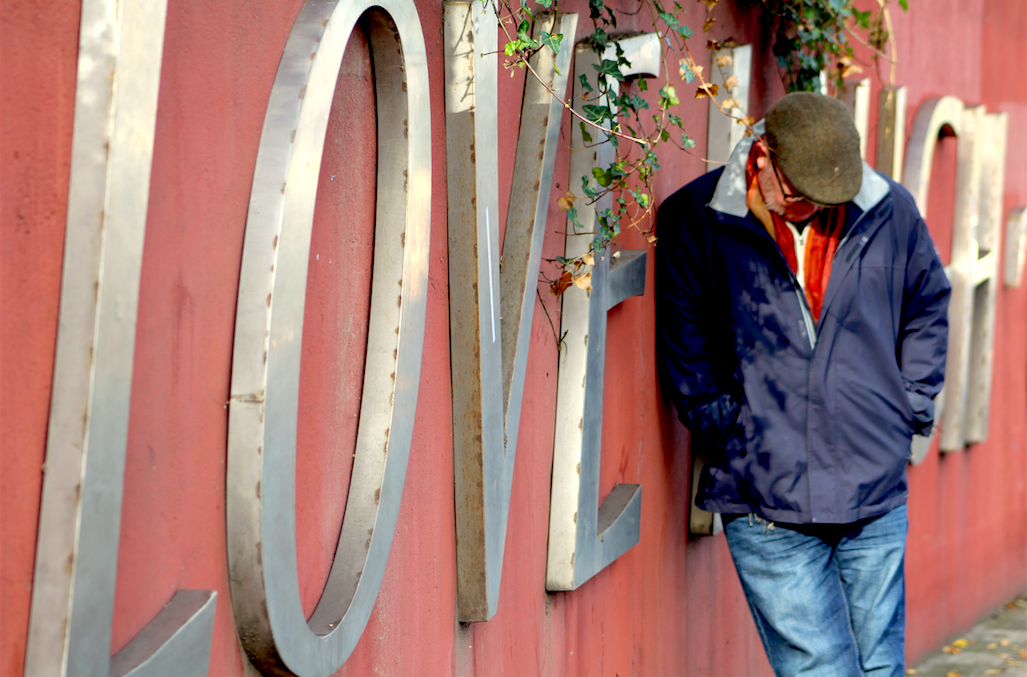Like many others, I expect, I have long been confused why and how the ‘Jesusalem’ verses by William Blake have become stuff of English patriotism, even jingoism. Yeah, I know, Hubert Parry has a lot to answer for. But it becomes even more confusing when one notes that the repeated question marks written in orignial editions are omitted in many reprints. Not my OUP edition, mind, edited by Geoffrey Keynes. It has more question points than Blake’s engraving!

I am sure all of this must have been said before, so this just to get it off my chest. The question marks are essential to the reading. I think of them as rehetorical with the unwritten answer an overwhelming “no!”
Furthering my interpretationis this excerpt from Bible’s book of the Apocalypse, which I came across today. Blake was nothing if not apocalyptic and I suggest these lines from Chapter 21 (or ones similar) might have been an inspiration.
“Vision of the New Jerusalem
And in the spirit he carried me away to a great, high mountain and showed me the holy city Jerusalem coming down out of heaven from God. It has the glory of God and a radiance like a very rare jewel, like jasper, clear as crystal. It has a great, high wall with twelve gates, and at the gates twelve angels, and on the gates are inscribed the names of the twelve tribes of the Israelites; on the east three gates, on the north three gates, on the south three gates, and on the west three gates. And the wall of the city has twelve foundations, and on them are the twelve names of the twelve apostles of the Lamb.”
Rethought and redescribed for our heterodox age, we are a long way from Jerusalem.






Recent Comments